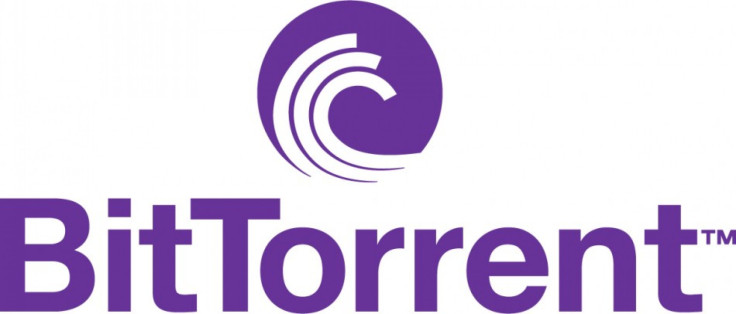BitTorrent Download Sites Monitored By Anti-Piracy Groups; Demonoid Return Grows Less Likely

Most people know that when they use a public BitTorrent site, even a semi-private one like the late Demonoid, they risk being caught by the anti-piracy cops. These groups are ramping up efforts to track BitTorrent downloads more than ever, which could keep the defunct Demonoid out of commission even longer.
It was reported last week that anti-piracy groups were spying on the activity of thousands of torrents available for download from BitTorrent sites like the Pirate Bay. Torrent Freak reports that they have obtained information that companies like BayTSP and Peer Media monitor torrent files to collect such information as IP addresses, and have upped their efforts in recent months.
"The Unbearable Lightness of Monitoring: Direct Monitoring in BitTorrent" is a college paper from students in the School of Computer Science at the University of Birmingham, which claims to "provide a broader characterization of the monitoring of BitTorrent activity by considering both indirect and direct monitoring." The group copied the processes that anti-piracy groups use to track BitTorrent downloads on the Pirate Bay.
There are multiple ways to track files: Indirect monitoring uses "indirect clues that a peer is uploading or downloading some content." Direct monitoring, on the other hand, uses "direct" tracking, which allows trackers to collect "first-hand evidence"
"Direct monitoring can be active if the monitor establishes connections with peers to con?rm that they are sharing a ?le, or passive if the monitor advertises its IP address to a tracker and waits for peers to connect to it," says the study. Digital Trends notes that it is unclear how common this tactic is because of the extra cost and resources needed to support it.
Dr. Tom Chothia, lecturer in computer science at the University of Birmingham, released a statement on the study Tuesday.
"All the monitors observed during the study would connect to file sharers believed to be sharing illegal content and verify that they were running the BitTorrent software, however they would not actually collect any of the files being shared," he said. "Therefore, it is questionable whether the monitors observed would actually have evidence of file sharing that would stand up in court."
Torrent Freak advised Tuesday that users practice caution to avoid being monitored, even when using blocklists. "While these blocklists do provide some 'security' they are not foolproof," it said.
Apparently the blocklists work by cutting off services to trackers that are known to monitor BitTorrent users. The problem with this strategy is that the blocklist could be missing trackers that gather incriminating information.
Now that this research has been made public, it is possible that it could be another obstacle to the return of Demonoid. Though the website is semi-private, there are still BitTorrent files that were tracked on it prior to its demise in late July.
Depending on the reaction of users, it might not be worth it for the entire site to be moved to new servers, if those steps are even possible at this point. The website's servers were raided by the Ukrainian government, and there hasn't been any official word from Demonoid since.
Though not entirely safe, Demonoid was less likely than other BitTorrent sites to have its files tracked. Users needed to have accounts with Demonoid, which were gained either through invitation from a member, or by registering during the brief registration periods - approximately two hours per month.
Since it isn't open to the general public, it is harder to get tracked BitTorrent files uploaded to Demonoid, though it does happen.
© Copyright IBTimes 2024. All rights reserved.




















